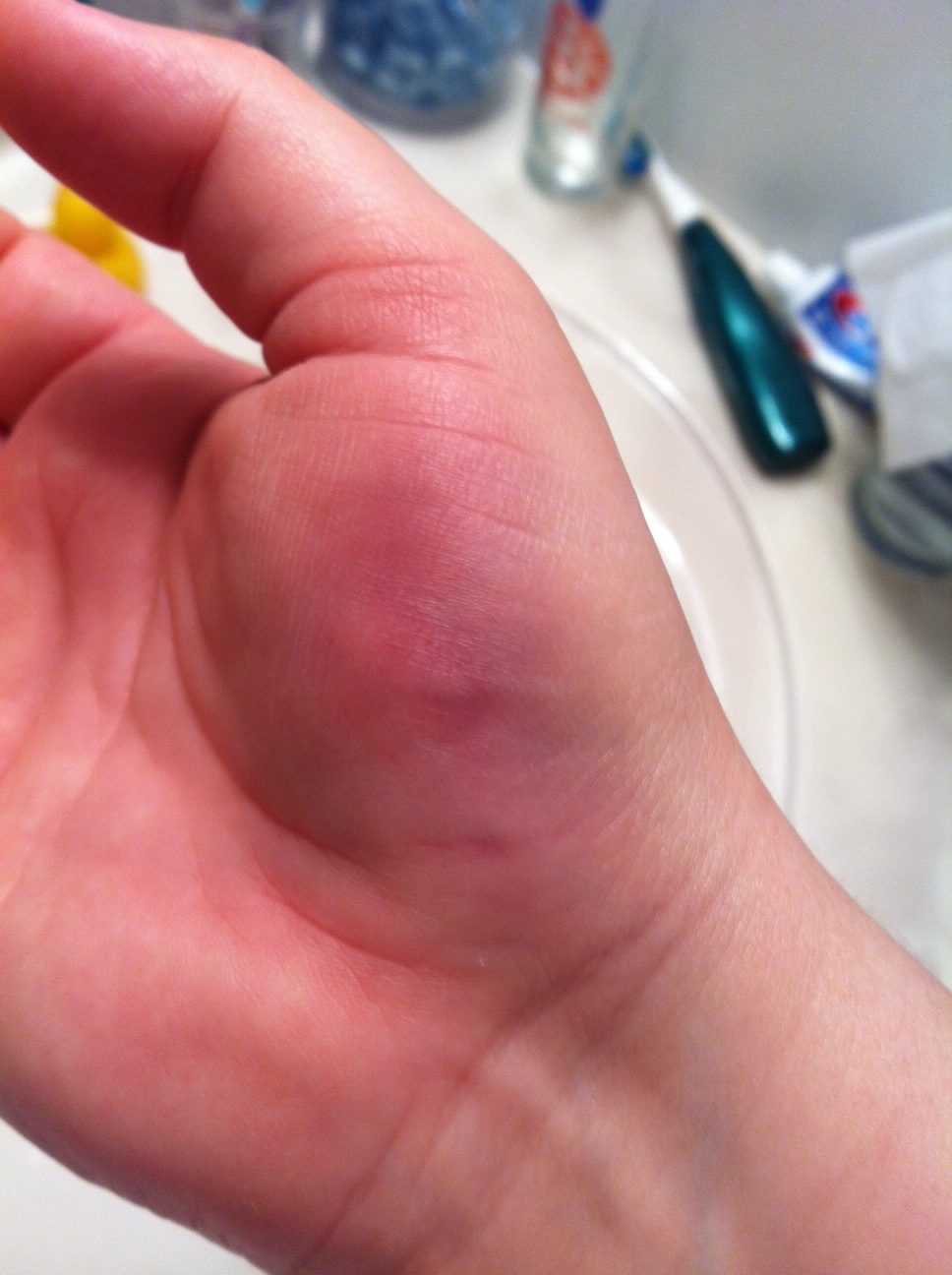How You Come Back (an Everyday Essay)
 Wednesday, August 22, 2012 at 5:12PM
Wednesday, August 22, 2012 at 5:12PM 
This post is part of the "Everyday Essays" series. See below for a description of the series, and read others essays here.
how you unsettle me — how you go
infinite — how you come back —(from "the silver book" by jen bervin)
My mind tries to recreate you in dreams, but it's a poor sketch artist. And maybe I forget more than I remember. Last night you sat in the back of my dream space, it may have been a bus, or maybe an auditorium (two places I've never seen you while awake), and your hair was the wrong shade: light tan, when it should have been dark chestnut. Years ago I dreamt you into the wings of a stage and there you were, until you removed your sunglasses and showed me brown eyes instead of the true blue they should have been. (The blue they were, and the blue, presumably, they still are.) "Excuse me, don't I know you?" And then the big reveal of some detail gone wrong. "Oh, I guess not."
I can't make my mind paint you right any more than I could wring out of you the truth of your leaving with my young tears and a pleading so ancient as to be banal. Foreshadowing: When duty called and you had to leave, I begged you, "Don't go. Please don't leave me." That was unfair, I know. You weren't leaving me then, though that would be the beginning of your eventual goodbye.
When you finally disappeared for a time and came back changed, I gave you an ultimatum, and you chose to take the out, which wasn't what I'd intended. (I remember you saying you don't appreciate ultimatums.) (I don't remember giving you one.) (How many times did I let you convince me of something else?) If you wouldn't stay, you should have at least told me the truth about why. "This is for the best" is what you tell a child. I know you were young and that I was younger, but that wasn't very brave of you, was it?
"Someday you'll understand." I don't think you ever said that, but I always hear it as the subtitle of the book called, "This Is for The Best." A lifetime later and I still don't understand. I've made the best of it, as every one does about every thing, but who's to say what's best? Sometimes, just before I fall asleep, when I need a familiar hurt to fixate on as an escape from more pressing worries, I leaf through that book, "Someday You'll Understand: This Is for The Best," and I try to read the appendices, where I expect to find notes about the meaning of things. I fall asleep.
In my dreams, the puzzle pieces of you -- the odd shapes of action that don't fit my narrative -- take on physical form: hair, eyes, the sound of your voice. Wrong, wrong, wrong. We keep piecing you together, my subconscious and I. Childlike renderings, simplified, symbol, redux.
I imagine you in the passenger seat of my car. Stepping through the broken gate of my backyard fence. Standing outside my front door, looking up to me in the window. (I swear to you: These are not metaphors. I mean all of this literally.)
You have dark brown hair and indigo blue eyes. I remember. (The photos verify.) Dark hair, blue eyes. Dark hair, blue eyes.
** ** **
About Everyday Essays: At least a few times a week I jot down notes about something -- usually a small moment, detail, or thought -- that I want to write about. Most of those ideas stay frozen as notes and never bloom into essays. Everyday Essays is my new writing practice to allow some of those notes to move beyond infancy. I've decided to share some of them with you here, even if they're still half-naked or half-baked. The word "essay" (as is almost always noted when the form is discussed) comes from the French verb essayer, which means to try. The essay is a reckoning, a rambling, an exploration, an attempt. Think of these Everyday Essays as freewriting exercises, rough drafts, or the jumbled, interconnected contents of my mind, which may or may not take root and grow into longer (deeper) essays.
 everyday essays
everyday essays 






